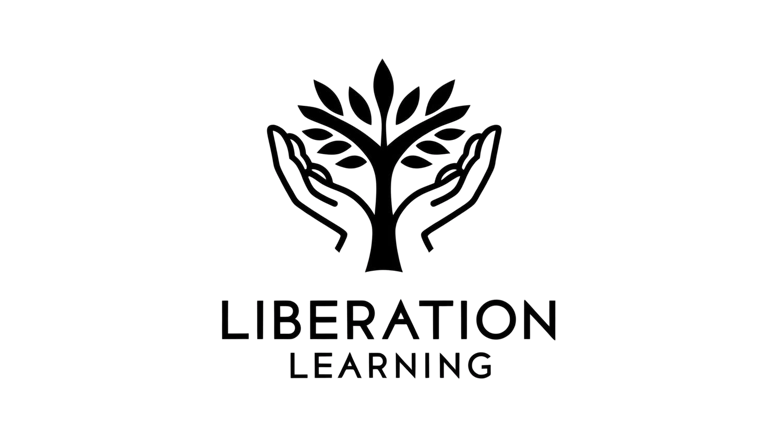Beyond Academic Success: Nurturing Emotional Intelligence in Primary Years
6/23/20253 min read


As parents, we naturally want our children to succeed in school. We celebrate good grades, praise their reading progress, and cheer on their mathematical breakthroughs. But in our focus on academic achievements, it's easy to overlook another crucial area of development: Emotional Intelligence (EQ).
At Liberation Learning, we believe that true success in life extends far beyond test scores. Nurturing a child's emotional intelligence in their primary years (Key Stage 1 and 2) is just as vital as, if not more important than, their academic prowess. It's the superpower that helps them navigate friendships, bounce back from setbacks, understand themselves, and ultimately lead happier, more fulfilling lives.
What is Emotional Intelligence (EQ) and Why Does It Matter for Primary Kids?
Emotional intelligence is the ability to understand, use, and manage your own emotions in positive ways to relieve stress, communicate effectively, empathise with others, overcome challenges, and defuse conflict. For primary-aged children, this translates into:
Understanding their feelings: "I feel frustrated when I can't build this tower."
Expressing emotions constructively: "I'm angry, so I'm going to take a deep breath."
Recognising others' feelings: "My friend looks sad; maybe I should ask if they're okay."
Building healthy relationships: Sharing, compromising, and resolving disagreements.
Developing resilience: Bouncing back from disappointment or failure.
In a world that is increasingly complex and interconnected, these "soft skills" are becoming the ultimate "hard skills." Indeed, leading experts like Daniel Goleman, who popularized the concept of Emotional Intelligence, highlight that research consistently shows a high EQ is a stronger predictor of success and happiness than a high IQ alone. This is because emotional intelligence helps individuals navigate relationships, manage stress, and adapt to challenges – qualities that are essential for thriving in all aspects of life.
How Liberation Learning Nurtures EQ in Primary Children
At Liberation Learning, our approach naturally fosters emotional intelligence because it places the child at the centre of their learning journey. When children have autonomy and agency, they are inherently more engaged and develop crucial social and emotional skills. Here’s how:
Creating a Safe Space for All Emotions: We encourage children to express their feelings, whether they are joy, frustration, anger, or sadness. Instead of suppressing emotions, we help them identify and articulate what they're feeling and why. This validation is the first step towards emotional regulation.
Fostering Self-Awareness Through Reflection: When children lead their own learning, they naturally encounter challenges and successes. We guide them to reflect on these experiences: "How did that make you feel?" "What did you learn about yourself when you struggled with that task?" This process builds self-awareness – the cornerstone of EQ.
Empathy Through Collaborative Projects: Many of our activities involve collaboration and peer interaction. When children work together on projects they've chosen, they learn to listen to different perspectives, compromise, and understand others' feelings and motivations. This direct experience is invaluable for developing empathy.
Resilience Through Embracing Mistakes: In a learning environment free from excessive grading pressure, mistakes are reframed as valuable learning opportunities. Children learn that it's okay to try, fail, and try again. This iterative process builds grit, perseverance, and the emotional resilience needed to face future challenges without fear of failure.
Problem-Solving and Conflict Resolution: When children are empowered to make choices and direct their own learning, they inevitably encounter situations where they need to solve problems – whether it's how to structure a project or how to resolve a disagreement with a peer. We support them in developing constructive strategies, rather than simply providing answers.
Practical Tips for Parents to Nurture EQ at Home:
You are your child's first and most important teacher. Here are simple ways you can cultivate emotional intelligence in your primary-aged child at home:
Label Emotions: Help your child name their feelings: "It looks like you're feeling frustrated right now," or "Are you feeling excited about the trip?"
Validate Feelings: Let them know it's okay to feel what they feel: "It's understandable to be angry when your toy breaks."
Model EQ: Show your child how you manage your own emotions. Talk about your feelings and how you cope with stress or disappointment.
Encourage Problem-Solving: Instead of immediately fixing things, ask: "What do you think we could do about this?" or "How could you solve this problem?"
Read Books About Feelings: Many children's books explore emotions and social situations. Discuss the characters' feelings and actions.
Practise Active Listening: Give your child your full attention when they speak, showing them that their thoughts and feelings matter.
Promote Empathy: Encourage them to consider how others might feel: "How do you think your friend felt when you did that?"
Nurturing emotional intelligence in primary years isn't just about making children "nicer." It's about equipping them with the self-awareness, social skills, and resilience to thrive academically, socially, and personally throughout their lives. At Liberation Learning, we're committed to helping your child develop these vital skills, creating a foundation for true, lifelong success.
Ready to help your child develop their emotional superpower? Discover how Liberation Learning's unique approach fosters confident, emotionally intelligent learners. Visit our website or contact us today to find out more.
Support
admin@liberationlearning.co.uk
© 2026. All rights reserved.
Policies
71-75 Shelton Street
Covent Garden
WC2H 9JQ
